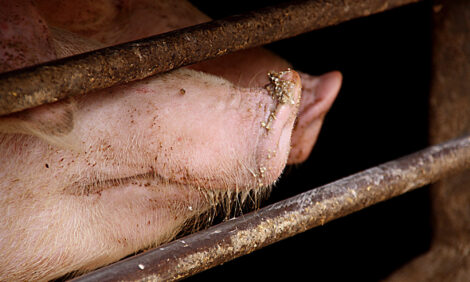



EU concerns on green subsidy law are top priority, said US trade chief
EU-US sign tariff rate quota agreement for agricultural productsThe United States has placed the highest priority on addressing European Union fears that the US green subsidies law will lure clean tech businesses to United States at Europe's expense, Reuters reported, citing US Trade Representative Katherine Tai on Tuesday.
The United States and the European Union have also signed a tariff rate quota agreement regarding agricultural products, Tai's office said in a separate statement.
The European Union has expressed serious concerns about the $369 billion of investment to tackle climate change in the US Inflation Reduction Act, which entered force this year.
Much of the investment, in the form of subsidies, applies only to local content.
The transatlantic trade partners established a task force in October to address such issues.
Tai told a briefing of reporters ahead of a meeting with EU counterpart Valdis Dombrovskis that the task force was working intensively. She said the issues were complicated and important - both for US-EU relations and to address the climate crisis.
"In terms of the task force's work what I would say is, it's ongoing, it really has the highest priority placed on it from President Biden himself," Tai said.
The United States had become increasingly aware that crises such as the COVID-19 pandemic and geopolitical tensions had exposed vulnerability of supply chains and that having more of the chain in partner countries, "friend-shoring", increased resilience.
The United States, Tai said, was not seeking to create its own fully domestic supply chain and wanted to create complementary trading policies with allies.
The trans-Atlantic partners also face a deadline of October to agree on a trading regime to address overcapacity in the global steel sector and create incentives for low-carbon production of steel and aluminium.
In October 2021, the United States suspended for two years steel and aluminium tariffs imposed by President Donald Trump when he was in office.
Asked if the tariffs could be re-imposed, Tai said "there's always that chance", adding the possibility had created a real incentive to work hard. The challenge, she said, was to figure out how to find a solution that fit two different systems.
"So, it's January 2023," she said. "This is the period when we're getting down to brass tacks."
"The Agreement, once implemented, will enable the United States to preserve its existing access to the EU market for various agricultural commodities following the United Kingdom’s exit from the EU on January 1, 2021," Tai's office said, adding it will also "restore favourable market access for multiple US agricultural products, including for US rice, almonds, wheat, and corn."







